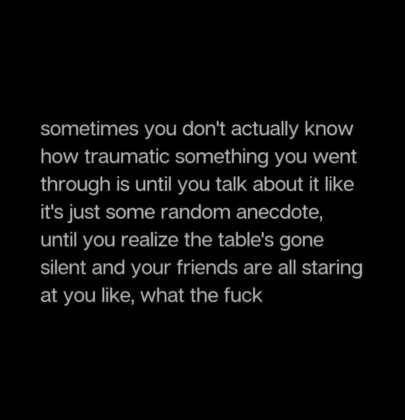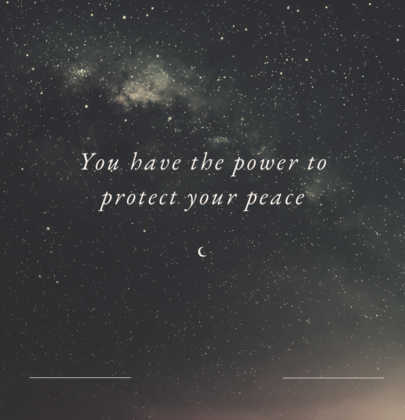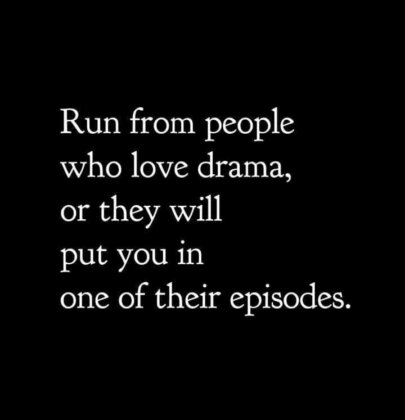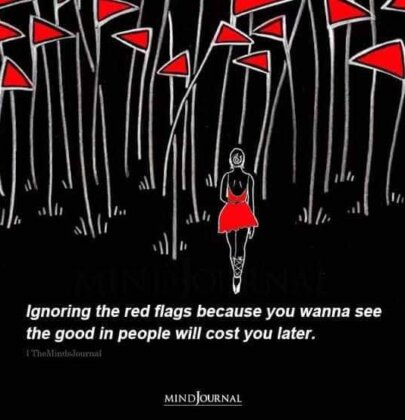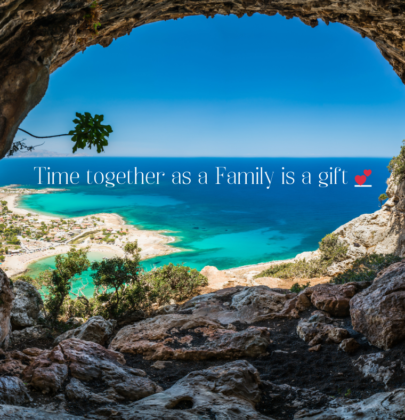We’ve all been there—choosing emotionally unavailable or shady partners, falling into the trap of people-pleasing, wrestling with perfectionism, and getting caught in the endless loop of overthinking.
For sure I have had experience with a really shady partner some time ago. He was a full-blown narcissist, emotionally unavailable, emotionally corrupt and he enjoyed causing pain to all those who unfortunately had dealings with him.
The weekend prior to our breakup was classic. He had undergone cosmetic treatment to his eyelids (vain af he was😂). I spent that entire weekend looking after him. He literally could barely open his eyes, they were so swollen and bruised. So I went over to his place, cooked his meals, took groceries to last him the week ahead as he was too vain to be seen out in public after his procedure. I brought wine, chocolates and all his favorite things to eat. I literally babied him the entire weekend.
Then he broke up with me in a text message the day I returned home.
Was I surprised? Yes and no. I knew the relationship was on its last legs. I knew he was toxic and causing me emotional distress and damage.
I knew he used me for emotional support for all the dramas he had been going through, there was absolutely no gratitude or kindness on his end.
So, yeah – it had to end. But it was still brutal. I had cared for him and nurtured him and my reward was a shitty little text breaking it off.
It happens, it shouldn’t, people should behave better. But some just cannot. They treat people as disposable.
We need to ensure that we stay safe, have good boundaries, surround ourselves with genuine, loving family and friends.
It’s a familiar narrative, one that many of us find ourselves entangled in at different points in our lives.
The question is: How do we break free from these patterns and declutter the emotional baggage that holds us back?
Choosing Emotional Availability Over Shadiness
Understanding Emotional Unavailability:
Choosing partners who are emotionally unavailable can be a deeply ingrained pattern.
It often stems from our own insecurities or a desire to fix and nurture others. However, recognizing this pattern is the first step toward change.
The Decluttering Process:
Begin by reflecting on your own emotional needs and boundaries. What are your deal-breakers?
What do you truly deserve in a relationship? Letting go of emotionally unavailable partners means making space for connections that are built on mutual understanding, respect, and emotional availability.
Breaking the Chains of People-Pleasing
Identifying People-Pleasing Patterns:
People-pleasing is a common struggle for many, driven by a fear of rejection or conflict.
It often leaves us exhausted, as our actions become dictated by the expectations of others rather than our own authentic selves.
The Decluttering Process:
Start by becoming aware of your own needs and desires. Practice setting healthy boundaries and saying no when necessary.
Embrace the discomfort that comes with standing up for yourself, and remember that your worth is not determined by others’ approval.
Dismantling the Perfectionism Trap
Recognizing the Perfectionism Cycle:
Perfectionism can be paralyzing, preventing us from taking risks and embracing imperfections.
It’s essential to understand that perfection is an unattainable goal and that the pursuit of it can hinder personal growth.
The Decluttering Process:
Challenge your inner critic by reframing your perspective on failure. Embrace the learning opportunities that come with making mistakes.
Cultivate self-compassion and recognize that imperfections are what make us beautifully human.
Escaping the Overthinking Maze
Understanding the Overthinking Tendency:
Overthinking often results from anxiety about the future or fixation on the past. It steals our present moment and prevents us from fully experiencing life.
The Decluttering Process:
Practice mindfulness and grounding techniques to bring yourself back to the present.
Challenge irrational thoughts and focus on what you can control. Cultivate a mindset that values the present moment, allowing room for spontaneity and joy.
Crafting the Life You Deserve
Decluttering emotional baggage is a journey, not a destination. It requires self-reflection, courage, and a commitment to your own well-being.
By identifying and addressing these patterns, you pave the way for a life that aligns with your needs, desires, and inherent worth.
Remember, you have the power to break free from these patterns and create a life that reflects your authentic self.
Embrace the journey of self-discovery, and step into a future unburdened by emotional baggage—a future that holds the promise of genuine connections, self-love, and the fulfillment you truly deserve
imagecredit:designsformakers
emotional baggageemotional traumaemotionally unavailable menhealthy boundariesnarcissistpeople pleasingself careshady peopletoxic peopletoxic relationship

